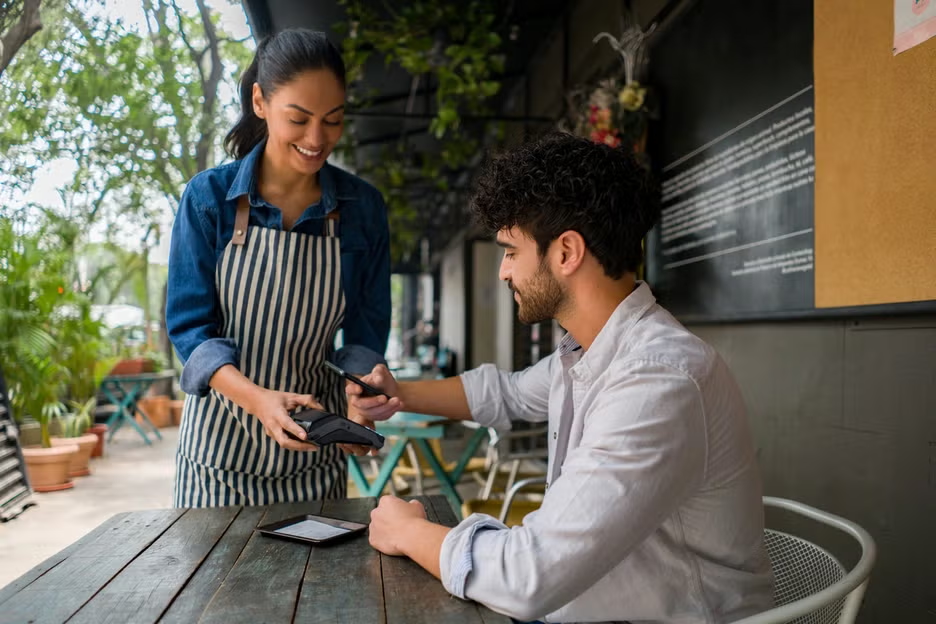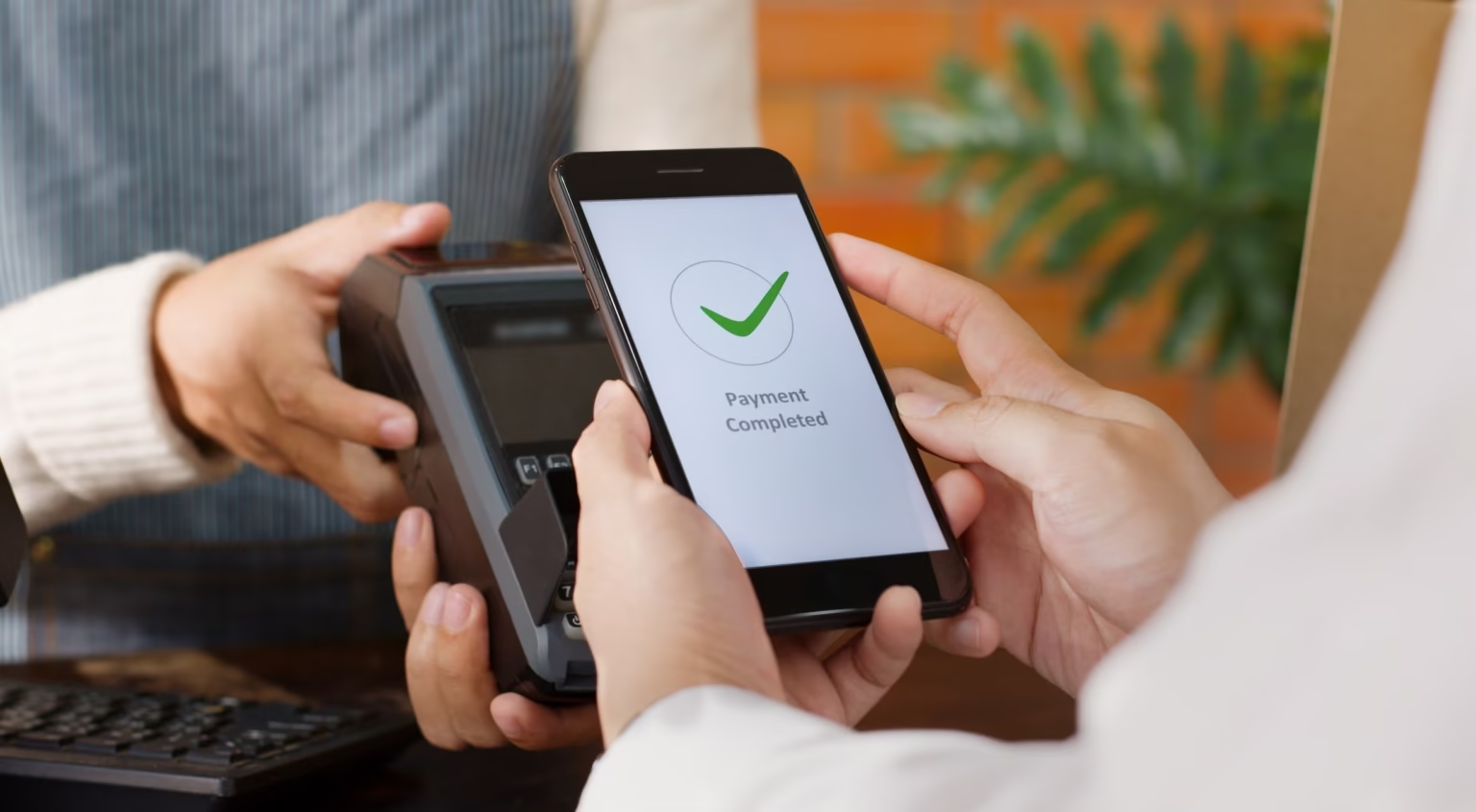The Gulf region is seeing a major transformation in how people and businesses handle money. From contactless payments in coffee shops to app-based transfers for shopping, digital payments are becoming the norm. With a young, tech-savvy population and strong support from governments, the Gulf is fast becoming a global leader in fintech.
A Fast-Growing Digital Economy
In cities like Dubai, Riyadh, Doha, and Manama, the fintech wave is hard to miss. More people are using their phones instead of cash. They scan, tap, and transfer with ease. What was once a futuristic idea is now a part of daily life.
This change is driven by several factors. First, the region has a young population that loves technology. Second, the governments are investing heavily in digital infrastructure. Third, the COVID-19 pandemic pushed many to avoid cash and look for safer ways to pay.
Together, these changes have opened the door for a major fintech boom.
Government Support Boosts Fintech Growth
One of the key reasons the Gulf has become a hotbed for fintech is government support. Countries like the UAE, Saudi Arabia, and Bahrain have created environments that encourage innovation in financial technology.

In the UAE, programs like the Dubai FinTech Hive and Abu Dhabi Global Market are attracting startups from around the world. These platforms offer mentorship, funding, and access to major investors.
Saudi Arabia’s Vision 2030 is also playing a big role. The plan encourages a cashless society, and the country’s regulatory bodies are making it easier for new fintech companies to launch and grow.
Bahrain, too, has introduced a “regulatory sandbox” where fintech startups can test their solutions in a controlled environment. This helps them go to market faster and with less risk.
Rise of Contactless Payments and Mobile Wallets
One of the biggest changes in the Gulf is the way people are paying for things. Contactless payments—using cards or mobile phones—are now widely accepted, from big shopping malls to small kiosks.
Mobile wallets like Apple Pay, Google Pay, STC Pay, and local apps such as eDirham or benefitPay are being used for everyday transactions. Whether you are buying lunch or paying for fuel, a quick tap is often all it takes.
Consumers love the speed and ease. Businesses enjoy the efficiency. And banks and fintech firms are happy with the new opportunities to offer services.
Fintech Startups Are Changing the Game
A new generation of fintech startups is driving innovation in the Gulf. These companies are solving problems that traditional banks may have overlooked. Some are making it easier to send money internationally. Others are offering better tools for budgeting, saving, or getting small loans.
For example, some apps help gig workers get paid faster. Others offer smart ways to invest money using artificial intelligence. This diversity of services is giving consumers more control over their finances.
These startups are also creating jobs and attracting investment, helping local economies grow.
Banks Are Adapting to Stay Ahead
Traditional banks in the Gulf are not sitting back. Many are partnering with fintech firms or launching their own digital services. This helps them stay relevant and meet customer expectations.
Some banks have introduced chatbots to answer customer questions. Others are offering fully digital accounts, where you can sign up and manage everything online without visiting a branch.
These changes are making banking faster, easier, and more personalized.
Security and Trust Are Still Key
As digital payments grow, so does the need for strong security. Cybersecurity is a top concern for both companies and customers. People want to know their money and personal data are safe.
Governments and banks in the Gulf are investing in advanced security tools. These include biometric authentication, fraud detection systems, and AI-powered monitoring.
At the same time, fintech companies are working hard to build trust. Many offer customer support through apps, while others share educational tips to help users avoid scams.
Financial Inclusion Is Improving
One of the most powerful impacts of the digital payment boom is greater financial inclusion. In the past, some people had trouble opening bank accounts or accessing credit. Today, mobile-based services are changing that.
Now, even people in remote areas or without traditional jobs can use fintech tools to manage money. This is helping more people become part of the financial system, which leads to stronger communities and better economic opportunities.
Women and youth, in particular, are benefiting. Fintech is giving them the tools to save, invest, and grow their income independently.

Challenges Still Exist
Despite the success, there are still challenges to overcome. Not everyone is comfortable with digital tools. Older generations or those without smartphones may feel left out. Also, fast growth in fintech brings risks, including system crashes or security breaches.
Regulators are working hard to keep up. They must balance innovation with consumer protection. The good news is that most countries in the Gulf are already building strong legal frameworks to support digital finance.
Looking Ahead: A Fintech Future
The future of fintech in the Gulf looks bright. Experts believe the trend will continue, with more advanced solutions like blockchain, AI, and real-time payments entering the market.
The region is also expected to become a testing ground for new financial ideas. From crypto wallets to green finance apps, the Gulf is ready to lead.
As digital payments grow and fintech companies rise, one thing is clear—the way people use money in the Gulf will never be the same again.
Conclusion
The Gulf’s digital payment boom is not just about technology. It’s about changing lives, building stronger economies, and creating a future where money is faster, safer, and more inclusive.
With government support, tech-savvy users, and a growing number of startups, the region is set to stay ahead in the global fintech race.
Also read: The Rise of Artificial Intelligence in Gulf Healthcare



